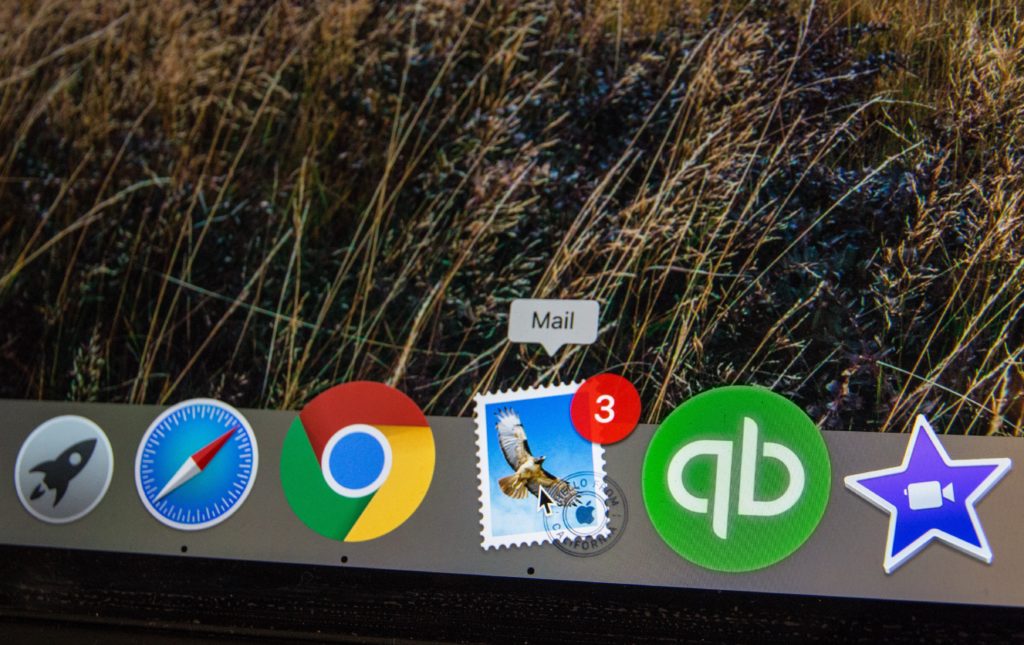Estimated Reading Time: 3 minutes, 38s.
Podcast Length: 26 minutes, 8s (link to play podcast at the bottom of post).
While the idea of Inbox Zero is sexy, the reality is that most of us don’t get there. Even if you do manage to tend to every message in your inbox, it’s only a matter of time before a new one comes in. Inbox Zero is a slippery, competitive slope, and can lead us to think about our email at all hours of the day, obsessively checking and replying to maintain an empty inbox.
I personally like to look at Inbox Zero as a state of mind—getting to the point where you are dedicating zero mental space towards thinking about email. This requires a mindset shift where you bring more awareness into how you interact with your inbox.
While your email behavior will look differently depending on whether your work is more collaborative or autonomous, here are a few tactics you can use to change the relationship you have with your inbox.
1. Track your email usage
Keep a post-it note tally for a day or afternoon to track how many times you checked for new messages. Then, reflect on why it was that you checked. Was it because you were expecting an urgent reply from a colleague, or did you need an excuse to procrastinate?
The latter may be a sign that you’ve reached an impasse in your work. If that’s the case, consider taking a short break so you can return to your most important work with the energy and focus is deserves.
2. Try an email sprint
I love this tactic and use it all the time. At the top of the hour or whenever you have the chance, set a timer for 10 minutes. Take that time to blow through as many emails as you possibly can. When your ringer goes, take the remainder of the hour to disconnect entirely and focus on other work.
3. Take an email vacation
This can be for an entire day or just a few hours when you’re working on a deadline or have a task that demands a lot of focus. Most of us can go for this length of time without having our work fall apart—and it’s likely what you’d be doing anyways if you had an important client meeting or an all-day seminar.
I had an old coworker who would shut down his email, set an auto-responder, and take that time to hunker down on a big project. Not only does an email vacation give you the chance to really hyperfocus, but it can actually give the illusion of greater productivity. Sometimes being truly productive means taking a few days to reply, and that’s okay.
4. Suggest phone calls for longer conversations
This is a simple rule: if you want to write an email that’s longer than three sentences, pick up the phone and call someone. Some things are just easier to discuss verbally, and a phone call is often more efficient and nuanced than an email novella.
5. Send less email
The more email you send, the more you receive—cut your inbox in half by sending less email yourself. Before sending a message, consider its purpose and the people who need to be included. Pausing for this moment will help you be a good email Samaritan and will also avoid the dreaded second email when you realize you forgot a point during your frenzied first reply.
—
Attention researcher Gloria Mark found that the more time we spend on email each day, the lower we perceive our productivity to be and the more stressed we feel. Checking your inbox is easy—what’s more difficult is having the time, attention, and energy to read through and respond in a thoughtful way.
Email was created for our convenience and it’s an important way of sharing information with people, especially during these strange times. But we shouldn’t feel beholden to our inboxes, and I hope you can use these tactics to free yourself from the idea that you should be immediately available and responsive.
Chances are your boss isn’t paying you to respond to emails—it’s the focused, specialized work that happens in between those inbox checking sessions that really matters. Reclaim these moments and you will find you’re able to work with greater time, attention, and energy.
